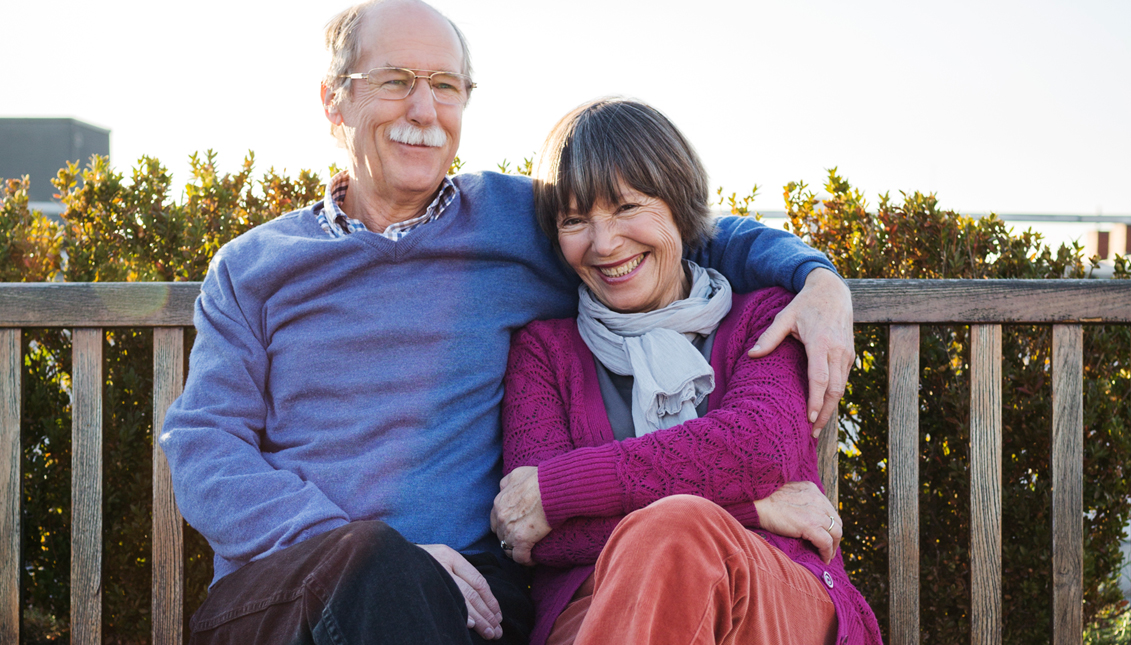
The social debts with old age | OP-ED
MORE IN THIS SECTION
The world is getting older and older. According to the World Bank, the population over 65 years of age accounts for 9% of the total global population, a percentage that will continue to rise in the following years.
In Europe, for example, statistics show this reality. By 2030, the European Union will increase the number of workers over 50 to 55% of its total workforce. By 2040, spending on healthcare and pensions will increase 2.3 percentage points. Some of its countries already occupy the top 10 positions of the lowest birth rate in the world and 36% of the population will be over 65 by 2050.
In the United States, as in Europe, the increase in the elderly population is related to the fall in the birth rate. It is even suggested that immigration would be a central factor in balancing aging with the working-age population.
RELATED CONTENT
The increase in the elderly population is related to the fall in the birth rate.
Another issue is the condition of old age. According to the World Health Organization, a considerable percentage of the elderly suffer from dementia and depression that are not treated or recognized by health systems. Added to this is the inability to carry out basic daily activities independently and not having the guidance of appropriate caregivers, isolating them from a society indifferent to this problem.
Without a doubt, the debts with the old age are not only of the governments. Responsibilities for the sustainability of our finances, the discipline of our self-care and the debt with the discovery of our talents, hobbies, goals and life project rest in our consciences.
Chilean writer and researcher Pilar Sordo inquired about old age in Latin America and reflected it in her book ‘I do not want to grow old. The keys to living fully and enjoying the passage of time.’ She assures that we grow old when we live more on memories than on projects.
Aging is one of the few things that every human being has guaranteed from birth and, paradoxically, it is what we least prepare for. If from childhood we understand that day by day we cultivate what will endure us in old age, perhaps we will learn to be less sad adolescents, less unconscious young people, less irresponsible adults and, of course, less self-conscious old men.






LEAVE A COMMENT:
Join the discussion! Leave a comment.